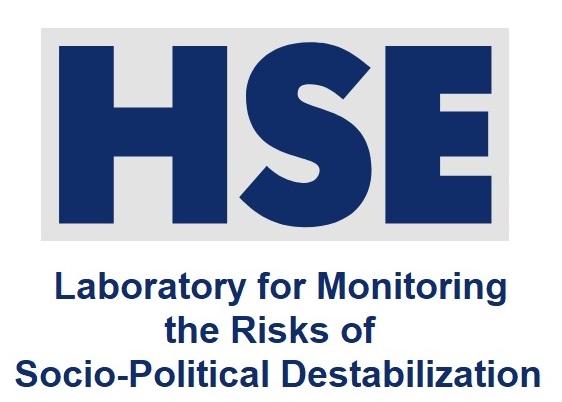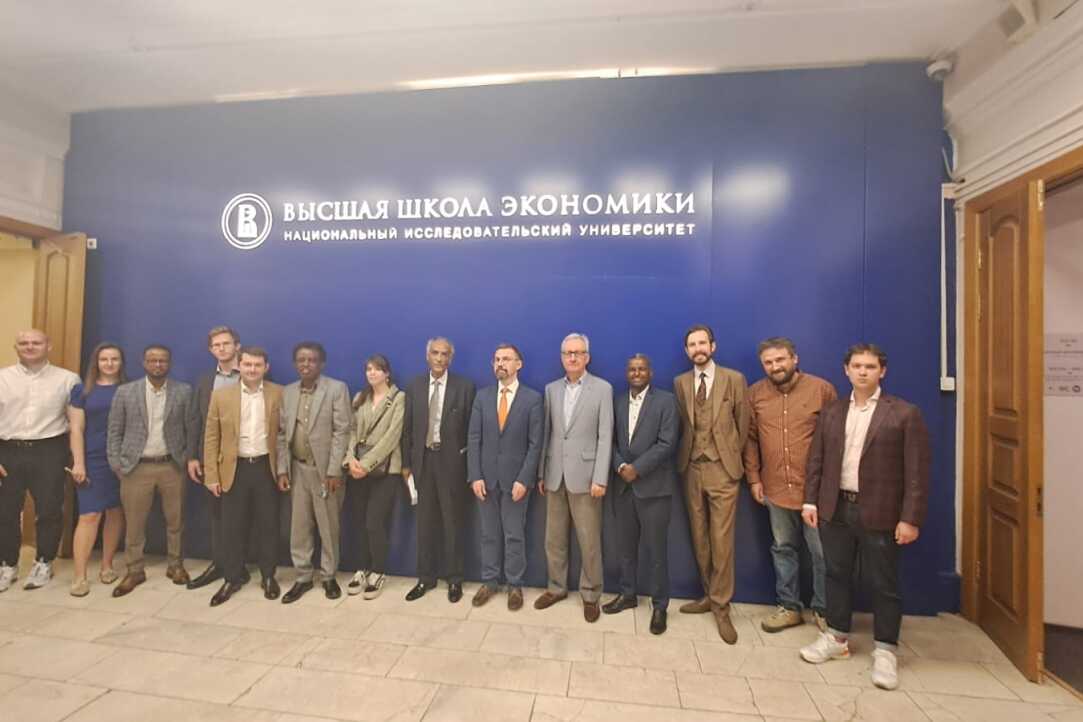
A delegation from the Ethiopian Institute of Policy Studies visited the Faculty of Social Sciences.
On 23 June, the Faculty of Social Sciences hosted a round table ‘Federalism in Russia and Ethiopia: Origins, Development and Prospects’ with the participation of scholars from the Ethiopian Policy Studies Institute. The Ethiopian delegation was led by Professor Petros Beyene, Director of the Institute. He shared his experience of working in Ethiopia's Transitional Government in the early 1990s, which drafted the country's current constitution, which provides for a transition to a federal model. On the FSN side, First Deputy Dean Mikhail Mironyuk took part in the roundtable, noting the stabilising role of federalism in Russia in recent years.
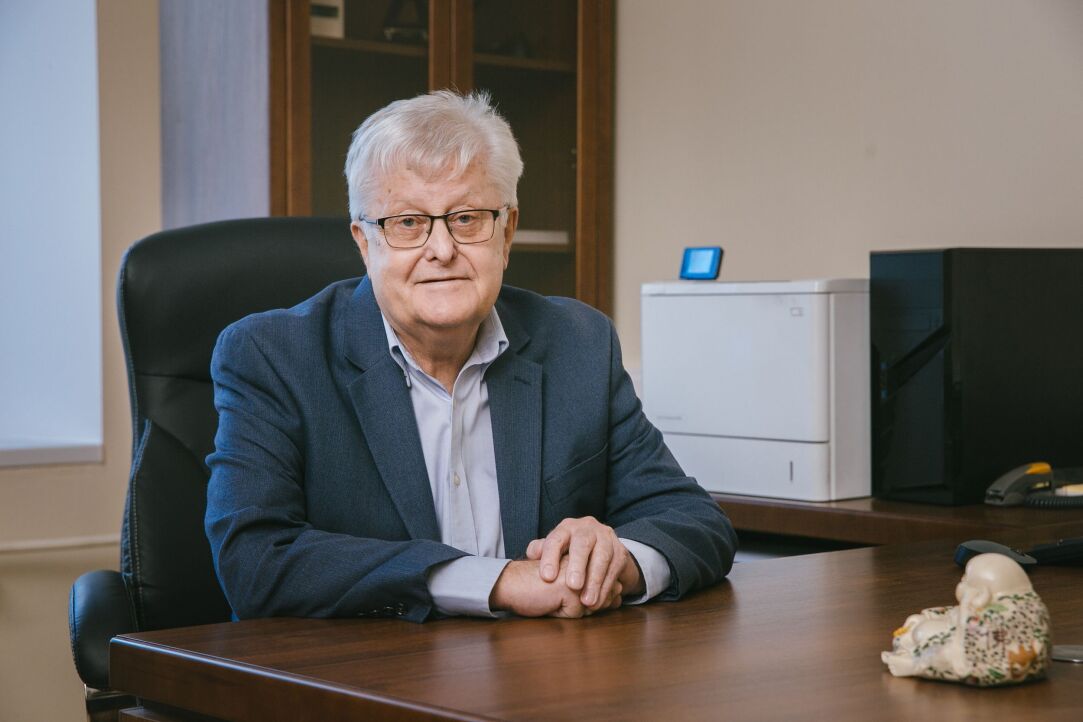
'Those Who Choose Sociology, Political Science, Psychology, or Governance Today Cannot Do without IT'
HSE Faculty of Social Sciences celebrates its tenth anniversary
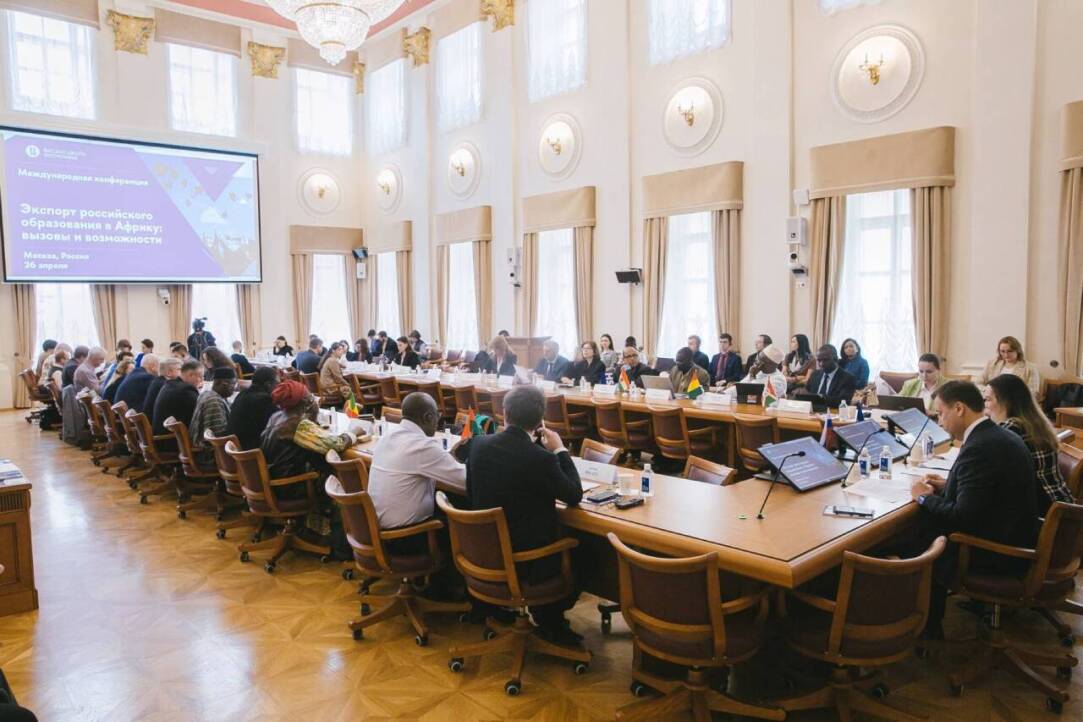
Keeping Dialogue Open with Africa: Rectors of Regional Universities Visit HSE
At the end of April 2024, HSE University hosted an international conference ‘Export of Russian Education to Africa: Challenges and Opportunities.’ The event was attended by leaders of universities from Mali, Burkina Faso, Burundi, Niger, and Guinea. Together with their Russian counterparts from government bodies, scientific and higher educational institutions, they outlined paths for the development of humanitarian relations and agreed on possible cooperation in the face of a changing world order.
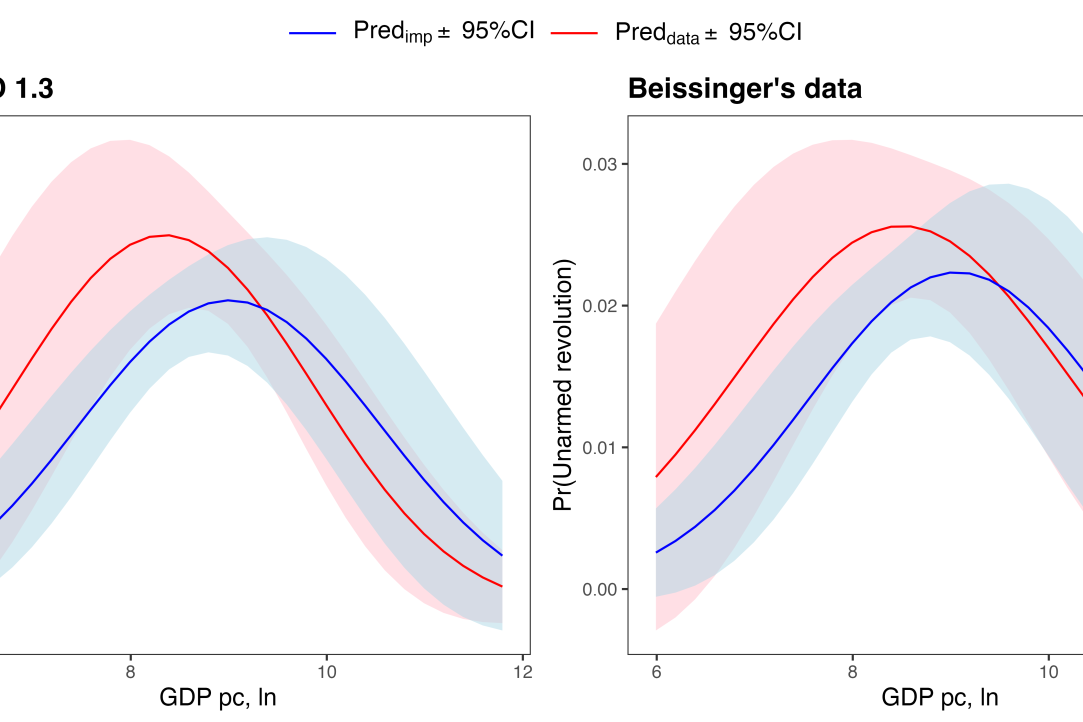
Vadim Ustyuzhanin's presentation for the XI scientific conference “Neighbors in Science”
The conference took place on the Perm campus of the National Research University Higher School of Economics (HSE - Perm).
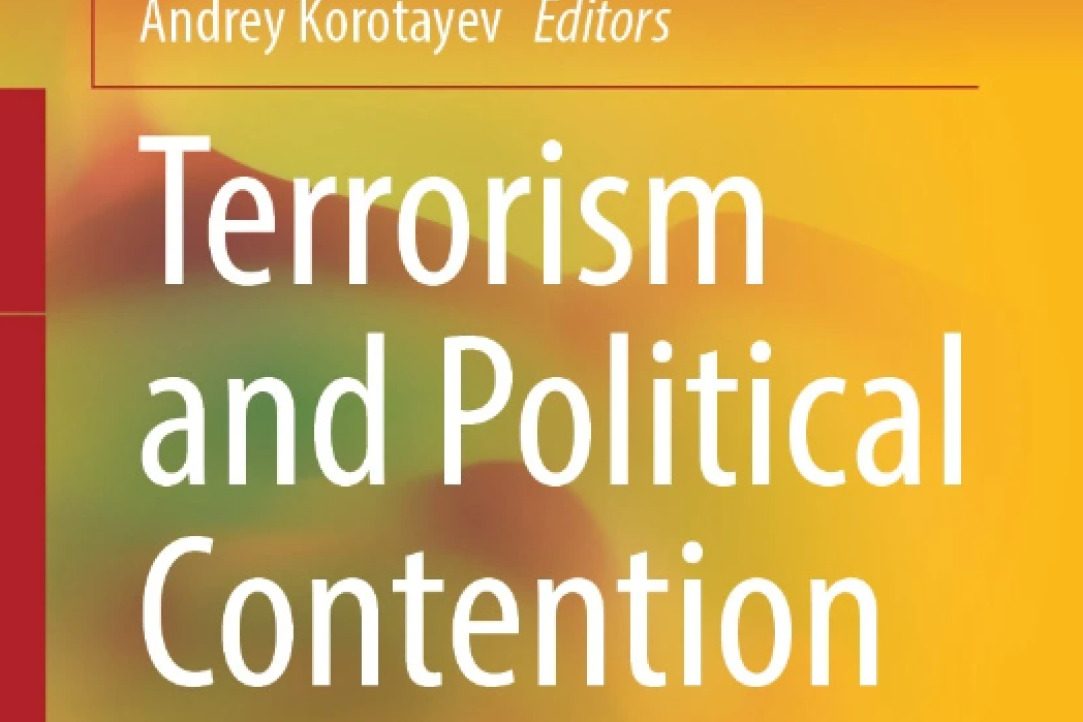
The book 'Terrorism and Political Contention. New Perspectives on North Africa and the Sahel Region' has been published by Springer
The director and deputy director of CSRA Andrey V. Korotaev and Leonid M. Issaev, as well as Janos Besenyo from the University of Obuda (Hungary). The work clearly shows the organizational forms of terrorism in the MENA region and the Sahel. The authors reveal the motives and influence of big powers and external actors on the situation in this part of the globe.
The CSRA has received two grants of the Russian Science Foundation!
The Russian Science Foundation announced the results of the competition, in which teams from the National Research University Higher School of Economics participated. In the field of humanities and social sciences, 8 applications were approved, 2 of which were submitted by the CSRA.
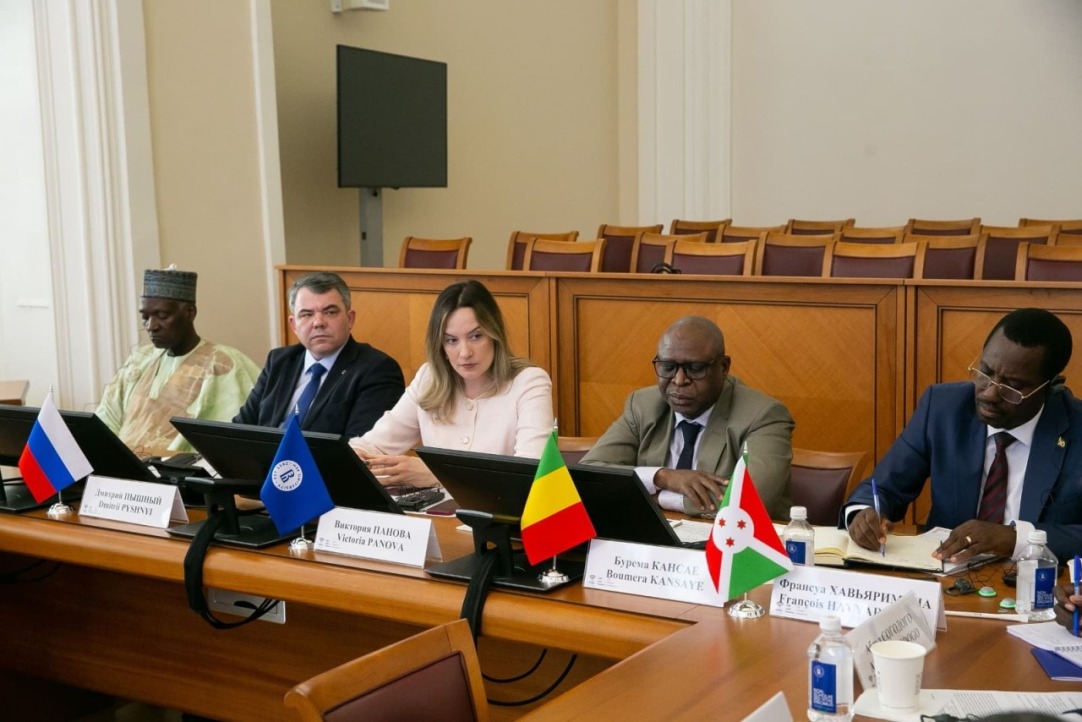
‘We Have Promising Opportunities with Africa, and It Is Important to Foster Cooperation’
A Strategic Session focusing on cooperation between Russia and African countries in the sphere of higher education was held at HSE University's building on Pokrovsky Bulvar. The event was attended by representatives of HSE University, rectors of other Russian universities, and ambassadors and ministers of higher education from several African states.
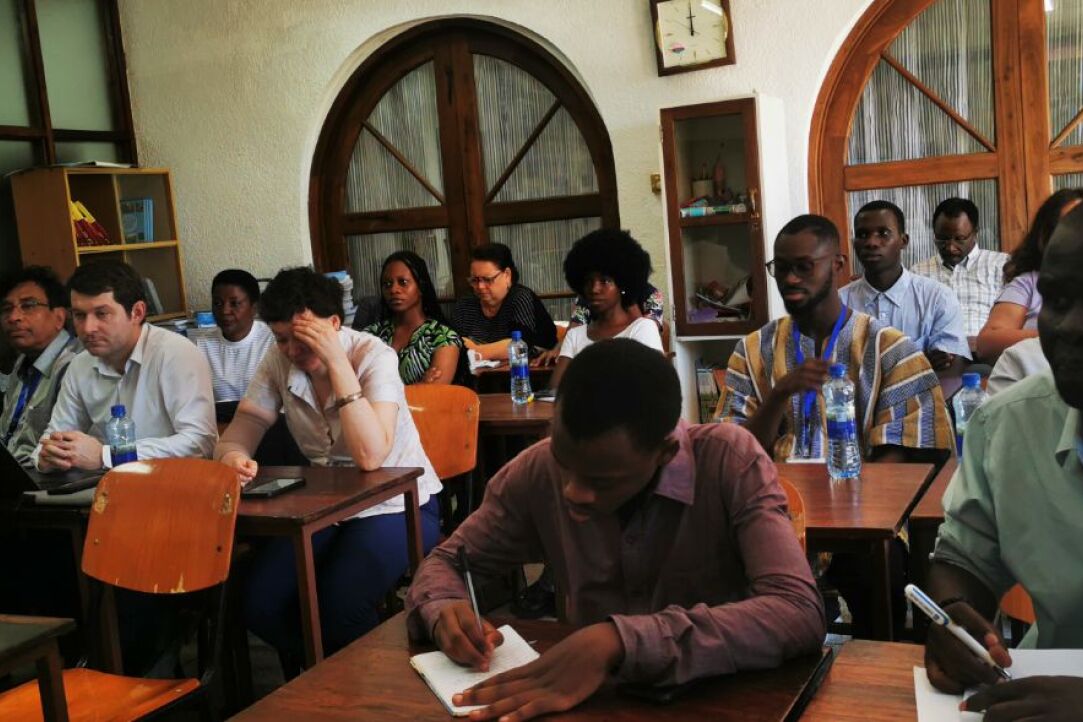
Researchers from the CSRA spoke at an international conference in Tanzania
On March 1-3, the scholars of the Center for the Study of Stability and Risks Analysis (CSRA) and Saint-Petersburg School of Social Sciences HSE University took part in the international academic conference "The Place of Africa in the World: The Past and the Present" which was held in Dar es Salaam, Tanzania, at the Russian Center for Science and Culture. This conference was devoted to a wide range of research topics and brought together experts from various fields. Beside scholars from Russia and Tanzania, researchers from India, South Africa, Ghana, Nigeria and Holland presented their papers. The conference drew great attention of the Tanzanian academic community.

CSRA congratulates on the new year-2023!
We wish everyone stability and accurate calculation of risks!
Yevgeny Ivanov spoke at the Social Science Alliance conference organised by the FSN of the National Research University Higher School of Economics.
A researcher from the CSRA presented his paper "Army and Politics in the Central Asian States in the Post-Soviet Period". The collapse of the USSR led to the fact that the Central Asian states, as well as other newly formed republics, faced the need to build and modernise their own armed forces to replace the all-Soviet army. In the course of his presentation, Yevgeny Ivanov emphasised that strengthening milirary capacities is an integral part of state building for any polity that claims full sovereignty. Despite the economic difficulties of the transition period, all Central Asian states are were endeavouring to develop their armed forces. Kazakhstan, Uzbekistan and, according to some reports, Turkmenistan, have increased their defence spending in the 2010s, upgrading their own material and technical base. At the same time, the increased focus on the defence sector is not currently affecting political processes.
